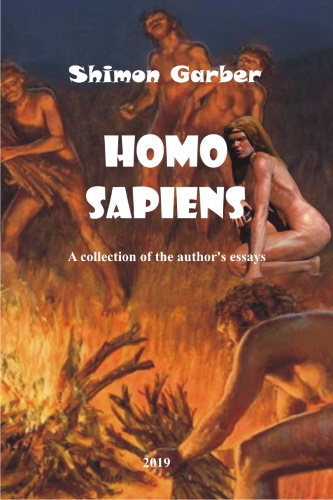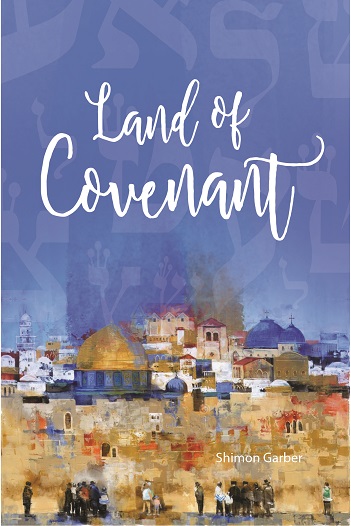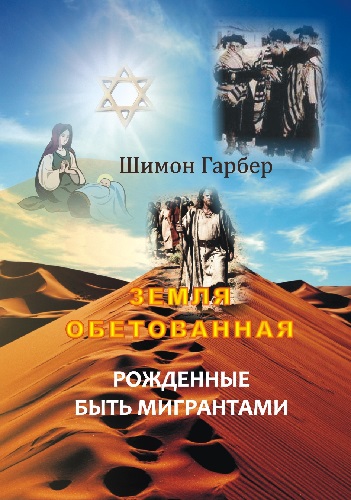
JEWS FOR JUSTICE
Published: 2021-07-07
The Great Harris Papyrus is the longest known papyrus from Egypt (40 in length), found in a tomb near Habu state opposite Luxor, on the west bank of the Nile. The Harris Papyrus tells of a time when Egypt was a desolate land devoid of solid leadership until a man named Irsu came to power. The literal meaning of his name is a pretender, a person outside the dynasty pretending to be a king. Irsu was also Harry; that is, it came from Canaan or beyond the Jordan River, territories called Harry in Egyptian. These two titles imply that Irsu was not worthy of the throne. As we read further, we learn that Irsu collected taxes, used to suppress Egyptian religion, and did not allow parishioners to bring their sacrifices to their temples. Then a turning point occurred: when the gods restored the grace of Egypt, they placed their son, Setnakhte, the founding pharaoh of the 20th dynasty, on the throne. Setnakhte fought a stranger, got rid of him, and took the trophy
















